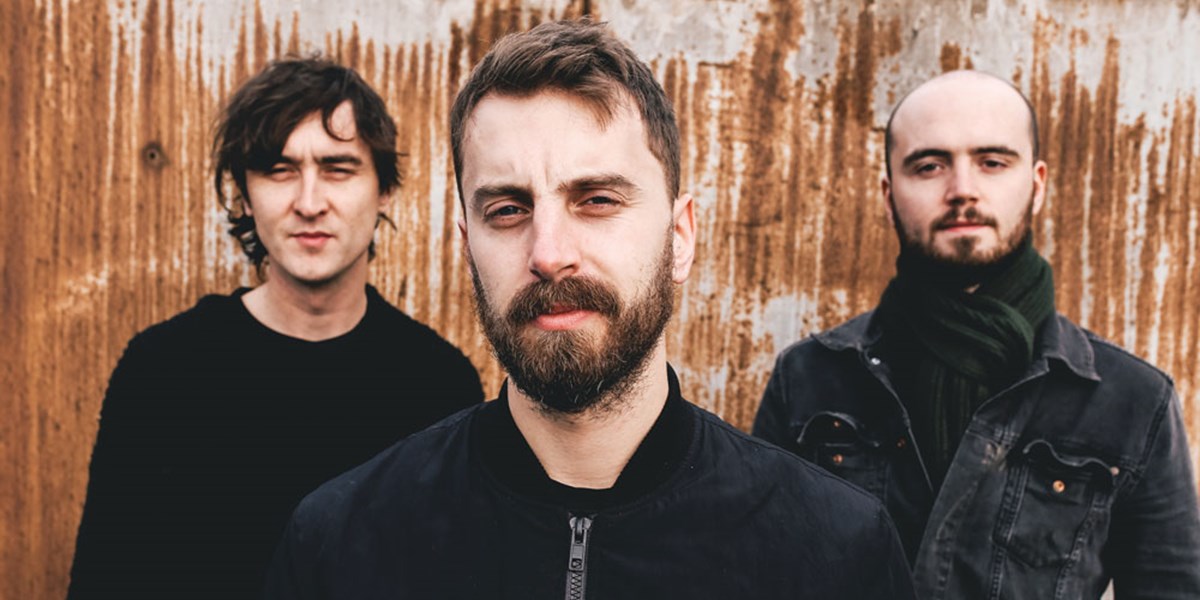Monday, June 7, 2021
Introducing... TRÚ
Tim Cumming meets a Northern Irish trio who take their inspiration from ancient Ulster bards and deadly Japanese snow spirits


Register now to continue reading

Thanks for visiting the Songlines website, your guide to an extraordinary world of music and culture. Sign up for a free account now to enjoy:
- Free access to 2 subscriber-only articles and album reviews every month
- Unlimited access to our news and awards pages
- Our regular email newsletters

